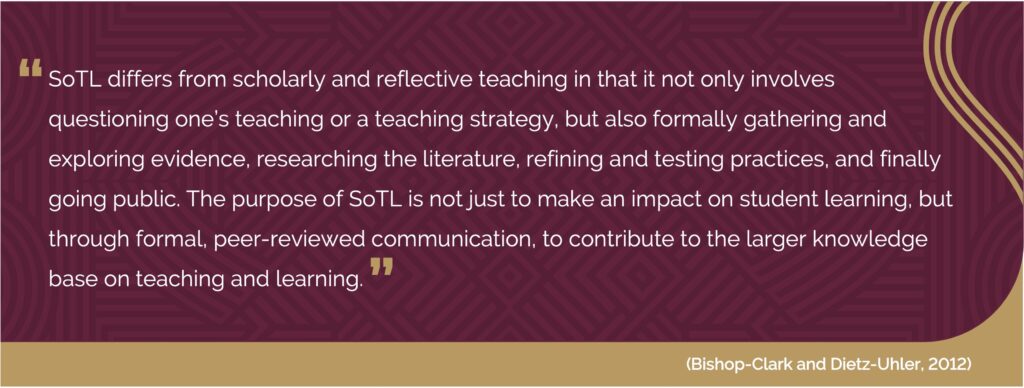Many science researchers and faculty view their discipline as ‘’neutral’’ and devoid of any socio-political and historical contexts, a phenomenon referred to as “scientific elitism’’. Moreover, with the rapidly changing workplace in the ‘’knowledge economy’’ there is a lack of focus on empowering students regarding the nature and context(s) of knowledge creation/production versus the traditional emphasis on subject content. To address this knowledge gap, a new Features of Science module was introduced as part of an existing BSc (Hons) program in the Department of Biomedical Sciences at Stellenbosch University.
Various design principles were used to enable a transformative teaching and learning experience. The module content included a critical review and analysis of the scientific process and knowledge production, its applications, and also focused on the impact of socio-politico-cultural and neoliberal economic factors in this instance. Student feedback indicated that students found the subject content interesting and relevant, and felt that the module enhanced their understanding of the complexity of the scientific process, while raising their awareness of humanity, empathy, and social justice. Thus, the Features of Science module was successfully implemented within the Faculty of Medicine and Health Sciences context, and it is our opinion that it can be easily expanded to other STEM environments. Such a module should help to graduate science students that are more holistically trained and better upskilled to help handle (and lead) some of the contemporary, societal challenges facing humanity.

